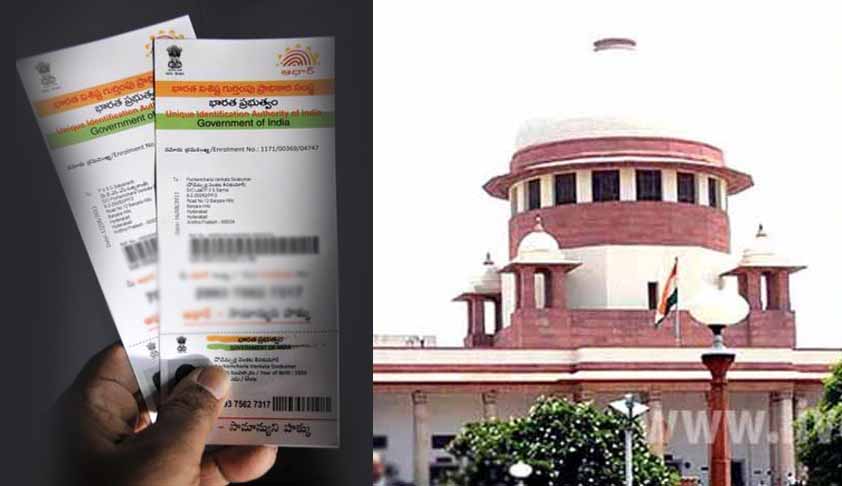Aadhaar Bill: Courts Cannot Question Legislative Procedure: AG To SC
LIVELAW NEWS NETWORK
13 Feb 2017 2:21 PM IST

Next Story
13 Feb 2017 2:21 PM IST
The Supreme Court today began hearing the view of Attorney General Mukul Rohatgi on a petition filed by Senior Congress leader Jairam Ramesh challenging the decision to treat Aadhaar bill as a money bill, which was passed during Budget session in March last year overruling amendments moved in the Rajya Sabha.The AG told the court that the Speaker’s decision on any legislative procedure...
